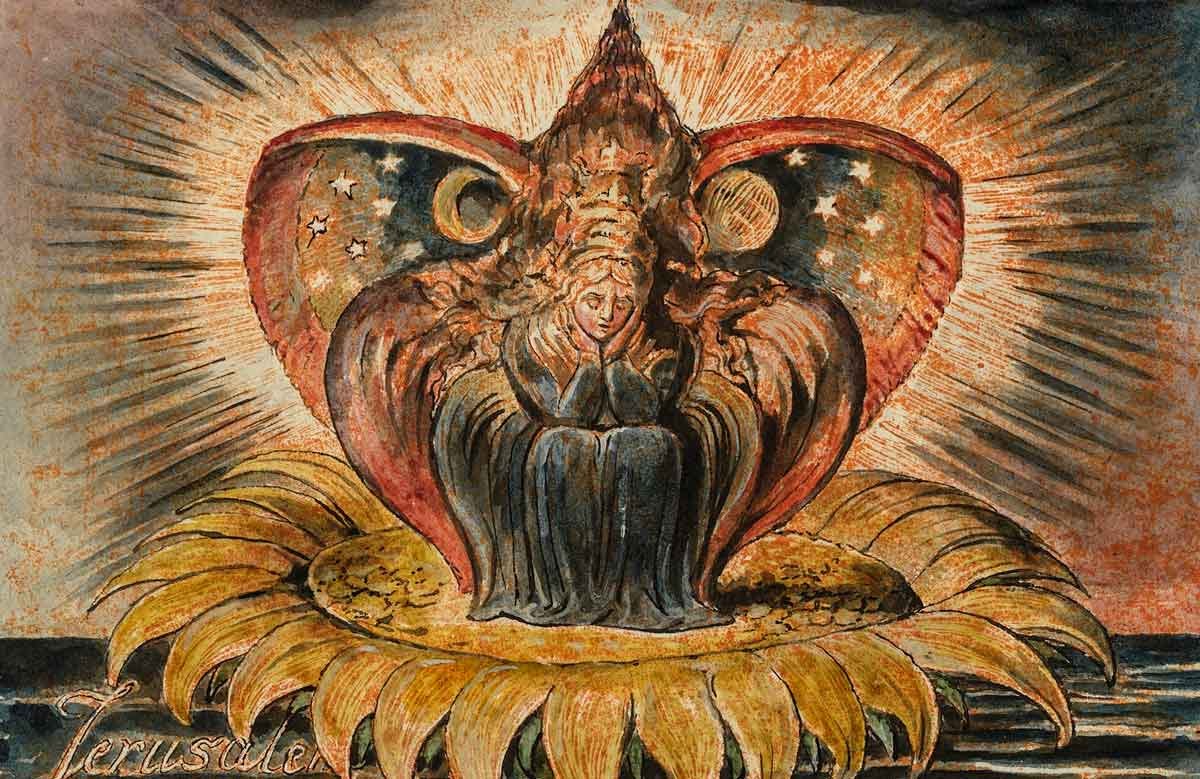God, Experience, and the Question of Knowledge
The philosophical question of what constitutes knowledge and proof
The question of whether God exists is one of the oldest and most enduring in human thought. It resists simple answers, not only because of the subject's emotional and existential weight, but because it raises deeper questions about the nature of knowledge, evidence, and proof itself.
From an empirical standpoint, science requires observable, testable evidence. God—if conceived as a transcendent, non-material being or force—cannot be measured, detected, or falsified. By these standards, the concept of God lies outside the scope of scientific inquiry. To science, what cannot be tested cannot be confirmed.
Yet for many people, belief in God is not based on scientific proof or empirical inquiry but on personal, often profound, spiritual experiences. These experiences may involve a sense of unity, overwhelming awe, peace, or the presence of something greater than oneself. To those who have them, they are not just feelings—they are seen as encounters with the divine, as real and convincing as any physical sensation. For such individuals, these experiences are proof of God, though not in the scientific sense.
Complicating the question further is the fact that God is not a clearly defined or fully knowable concept. The word “God” means radically different things to different people—an all-powerful being, a universal mind, the ground of being, or even a symbolic placeholder for mystery itself. In many mystical traditions, God is considered ultimately unknowable and indefinable—beyond words, categories, and rational thought. Jesus or an old man with a white beard on a thrown are just convenient human symbols of God, and no more God than the word “God” is God.
To many spiritual seekers, God is not an object to be proven but a path to be walked—a spiral journey of insight, experience, and emotional knowing. God is encountered not through logic or doctrine, but through a deepening awareness that cannot be fully explained or shared, only lived. It is a knowledge of the heart, not the intellect.
Atheists often scoff at people who say that the proof of God’s existence is their personal emotional experience or ‘personal relationship with God.’ However, we all have strong intuitive beliefs, beliefs that guide us and give emotional meaning to our lives and that we teach to our children, but that cannot be “proven.”
This leads to a deeper philosophical problem: what counts as knowledge? Is knowledge only what can be proven objectively, or can subjective experience also be a valid form of knowing? If people experiences love or beauty, they cannot prove it to someone else in a laboratory. Yet they still emotionally know it. Spiritual knowledge, then, may occupy a different category—one that is personal, ineffable, and not transferable, yet deeply meaningful.
In this way, the question of God touches on a paradox at the heart of human thought: that some of the most important and real things to humans—love, meaning, beauty, morality, and even consciousness itself—are not captured by scientific proof or fully explainable or definable, yet are central to how we live and understand the world.
Perhaps the question is not simply whether God exists, but what it means to know anything at all.




